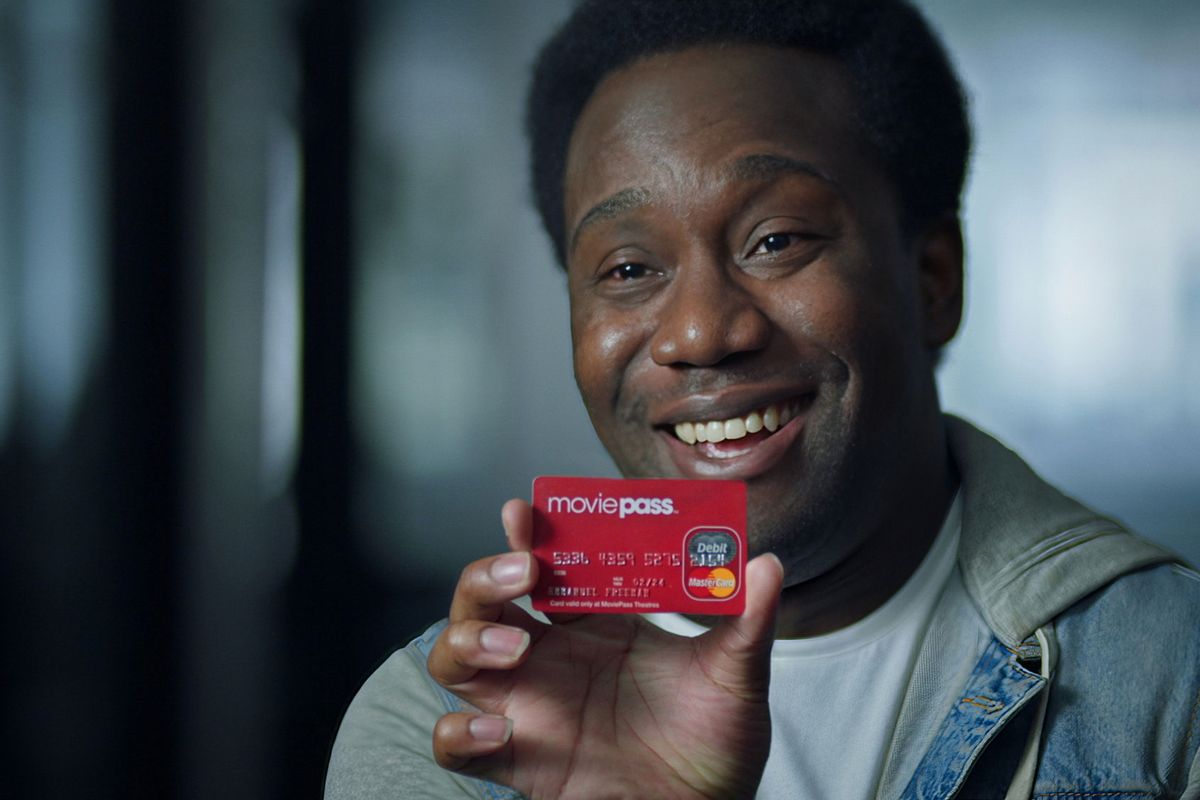“It was hard. All of this was part of a bigger story," says Stacy Spikes, co-founder and former CEO of MoviePass.
HBO's "MoviePass, MovieCrash" documentary chronicles the company's meteoric rise and fall, illuminating little-known information regarding how and why a once hugely popular and lucrative business fell apart in less than a year. The moviegoing subscription service, which Spikes launched alongside fellow entrepreneur Hamet Watt, allowed people to attend as many movies as they wanted per month for just under $10.
Though MoviePass saw considerable success at the outset, it struggled initially to sustain enough capital to be profitable. This led one of Spikes' top investors to bring Mitch Lowe on board as CEO, while data analytics company Helios and Matheson New York (HMNY) purchased a majority share of MoviePass. CEO of HMNY, Ted Farnsworth, subsequently joined forces with Lowe in a seeming effort to generate capital.
Through interviews with various journalists, former MoviePass board members and employees, and once-ardent fans of the subscription service, "MoviePass, MovieCrash" details how a reversal in power and intentionality in the company led to unfair ethical and financial losses, creating the conditions for the company's ultimate demise.
Here are the central takeaways from "MoviePass, MovieCrash."
“I think the hardest part — if we had failed, and I use the collective 'we' of the MoviePass team — we tried a product, it didn’t succeed in the market, and we just failed. I think I could’ve lived with that," Spikes said. "But what was hard about what happened was that we had succeeded. We had built a brand over years, the brand had enormous value in the marketplace, we were disrupting the movie industry, we were changing everything, and it worked. And that made it harder. But I think losing all that money — it’s very disappointing. You worked more than a decade on something, you summit Everest, you literally make it, and then it’s gone within the amount of time that you as a founder can’t sell your stock. It just vanished.
“By the time MoviePass was no more, the stock value — around $80 million dollars that Hamet and I had — was worth pennies," Spikes added.
"They’re putting on a play," Fichthorn added. "Instead of buying a ticket, you bought their stock. In both cases, you're left with nothing other than memories."

Shares